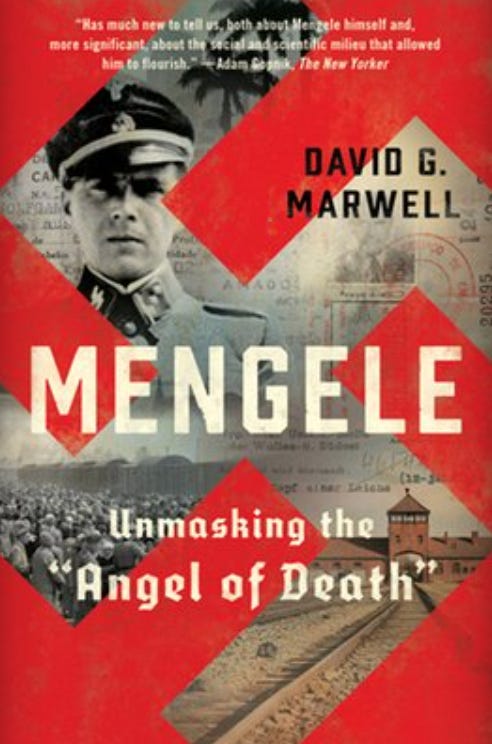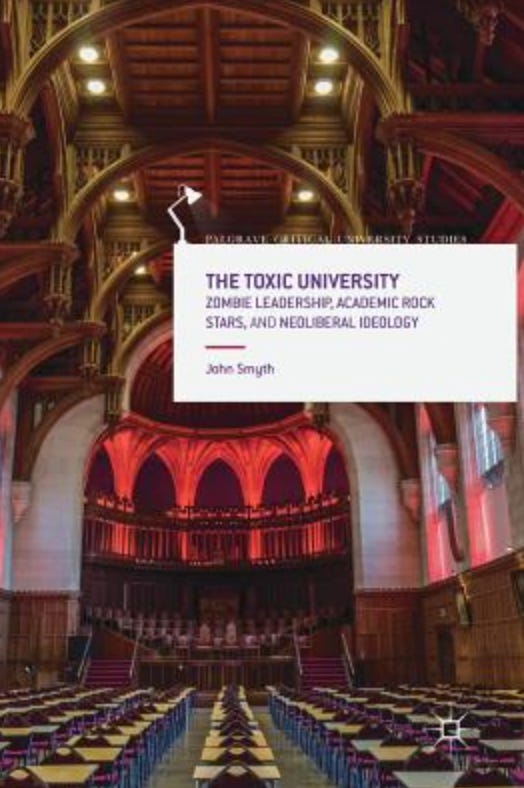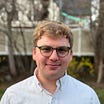NBN Newsletter #2: War and Peace
Featuring a curated playlist, episode highlights, and a Q+A with Professor Melanie O'Brien
War and Peace
From a bird’s-eye view, human history can appear like an endless series of war followed by peace followed by war followed by peace. The title of Peter Turchin’s grand sweep of world history, War and Peace and War, plays off the title of the famous Tolstoy novel, emphasizing the extent to which human history is largely the history of conflict, violence, and destruction. There are approximately 110 major conflicts taking place globally today. While global death to war has been on the decline for the past 70 years, conflicts continue to accelerate in many regions. This week’s playlist features episodes on the history and philosophy of war. What were Tolstoy’s views on war? How do civil wars end? What did Thomas Aquinas believe? Is humane warfare a desirable compromise? Why do we fight each other in the first place? What interests do businesses have in war and peace?
Scholarly Sources
Melanie O’Brien is Associate Professor of International Law at the UWA Law School, University of Western Australia and the President of the International Association of Genocide Scholars (IAGS).
Q: What are you reading right now?
A: I'm never reading just one book! For personal reading, I always have about 10 books on the go. For example, I'm reading the memoir of Australian singer, politician, and activist, Peter Garrett (people will know him as the lead singer of Midnight Oil), Big Blue Sky; and I'm reading a book about women pirates throughout history called Pirate Women: The Princesses, Prostitutes, and Privateers Who Ruled the Seven Seas.
For work, I'm currently reading genocide scholar Onur Uraz's book, Classifying Genocide in International Law: The Substantiality Requirement, to review for the journal Genocide Studies and Prevention. I’m also reading David G. Marwell's excellent and fascinating Mengele: Unmasking the Angel of Death, along with a couple of books on lawfare, including one by Christi Scott Bartman and another by Orde Kittrie.
Q: What is your favorite book or essay to assign to students and why?
A: For my public international law class, it's a set of four readings on different theories of international law: Marxism, Third World approaches to international law (TWAIL), feminism, and queer theory. I really enjoy how, through these readings, the students learn about the inequalities of international law and start to think about how it could be changed to better reflect the different groups of the world. They also see the connections between these perspectives and the commonalities of underrepresentation. It's not so much about the specific readings, any preferred introductory pieces on these theories will do; it's more so about the themes for the discussion and the critical thinking they inspire.
For my international humanitarian law (IHL) (laws of war) class, I've recently been able to set excerpts from the Brereton Report, a report investigating alleged war crimes committed by Australian special forces in Afghanistan, alongside an ICRC report on a study they did about compliance with IHL. These readings get the students to think beyond the law on the page and about why soldiers comply or don't comply with the laws of war (which is as important as knowing the laws). If you work in the field, you need to know what conditions will ensure that soldiers conduct themselves lawfully on the battlefield.
Q: Is there a book you read as a student that had a particularly profound impact on your trajectory as a scholar?
A: This was a book I read as a student, but not for my studies. It was Gitta Sereny's Into That Darkness: An Examination of Conscience, in which she interviewed Franz Stangl, who had been the Commandant of the Treblinka death camp. I was really struck by this examination into a perpetrator of such horrific atrocities, and no matter how many more books I have read on the subject, I continue to ask this question: how could they commit such heinous crimes against other humans?
Q: Which deceased writer would you most like to meet and why?
A: Definitely Oscar Wilde. He would be fun to have at dinner parties! I'd love to see him living his best life in the 21st Century, being free to be himself without persecution.
Q: What's the best book you've read in the past year?
I'm always reading at least one book by or about strong women, and they usually end up being my favorite books I've read that year. In the past year, I read two memoirs by groundbreaking women, who had vastly different professions. One is Loud by Tana Douglas, who was the first female roadie, who worked for AC/DC in their early days and still works in the music industry. The other is The Watergate Girl, by Jill Wine-Banks, about her experience as the only woman working on the Watergate prosecutors' legal team. I also really appreciated The Slow Professor: Challenging the Culture of Speed in the Academy by Maggie Berg and Barbara K. Seeber, which deftly brings together research to demonstrate that (over)workload (email, administrative tasks!) is killing creativity. The book argues that we need to rediscover our love of research and pedagogy by giving true time to our tasks.
Q: Have you seen any films, documentaries, or museum exhibitions that left an impression on you recently?
A: Actually, the exhibition I saw most recently that left an impression on me was the Jurassic World Lego exhibition by Brickman! Brickman (Ryan McNaught) is the only Certified Lego Professional in the Southern Hemisphere, and his builds are incredible. My work is so dark that it's crucial for my mental health that I regularly step into the light. The Jurassic World exhibition was so much fun. I am in awe of people with such creativity, patience, and skills that are so different from my own.
Q: What do you plan on reading next?
A: This is a big question! I'm going to finally delve into She Said: Breaking the Sexual Harassment Story That Helped Ignite a Movement by Jodi Kantor and Megan Twohey, about their reporting on Harvey Weinstein's sexual assault of so many women. It's been sitting on my shelf for too long, but there's a movie coming out based on the book, so I had better read the book before I see the movie. And I'll be reading John Smyth's The Toxic University: Zombie Leadership, Academic Rock Stars and Neoliberal Ideology, which looks at how universities have lost their way and turned into quasi-corporate entities, and considers how we might reclaim universities as the research and learning institutions they should be.
Episode Spotlight
Host Raj Balkaran talks with Christa Kuberry about The Stories Behind the Poses: The Indian Mythology That Inspired 50 Yoga Postures. Featuring detailed illustrations, this book is a fantastic introduction to Indian mythology.
New Books, Links, and Other Things
Bruce Kuklick, Fascism Comes to America: A Century of Obsession in Politics and Culture (UChicago Press)
Martin Mulsow, Knowledge Lost: A New View of Early Modern Intellectual History (Princeton UP)
Emily Hilliard, Making Our Future: Visionary Folklore and Everyday Culture in Appalachia (UNC Press)
Blurbs
(If you’ve just finished an exceptionally engrossing book, listened to a great NBN episode, discovered a new podcast, or stumbled across an interesting website, please email caleb@newbooksnetwork.com)
“Like Orwell’s Animal Farm, NoViolet Bulawayo’s Glory is an animal-oriented political allegory written with passion and without pretension. Jidada is a stand-in for Zimbabwe, but its postcolonial history (starring a national liberator turned autocrat, responsible for ethnic cleansing and economic mismanagement) is so archetypal that Glory’s appeal is universal. In other authors’ hands, these weighty topics would make for a gloomy novel. But Bulawayo’s lively prose and inventive narratives infuse her book with not only righteous anger but also a rare optimism.”
-Samuel McCarthy (Chicago, Illinois)










